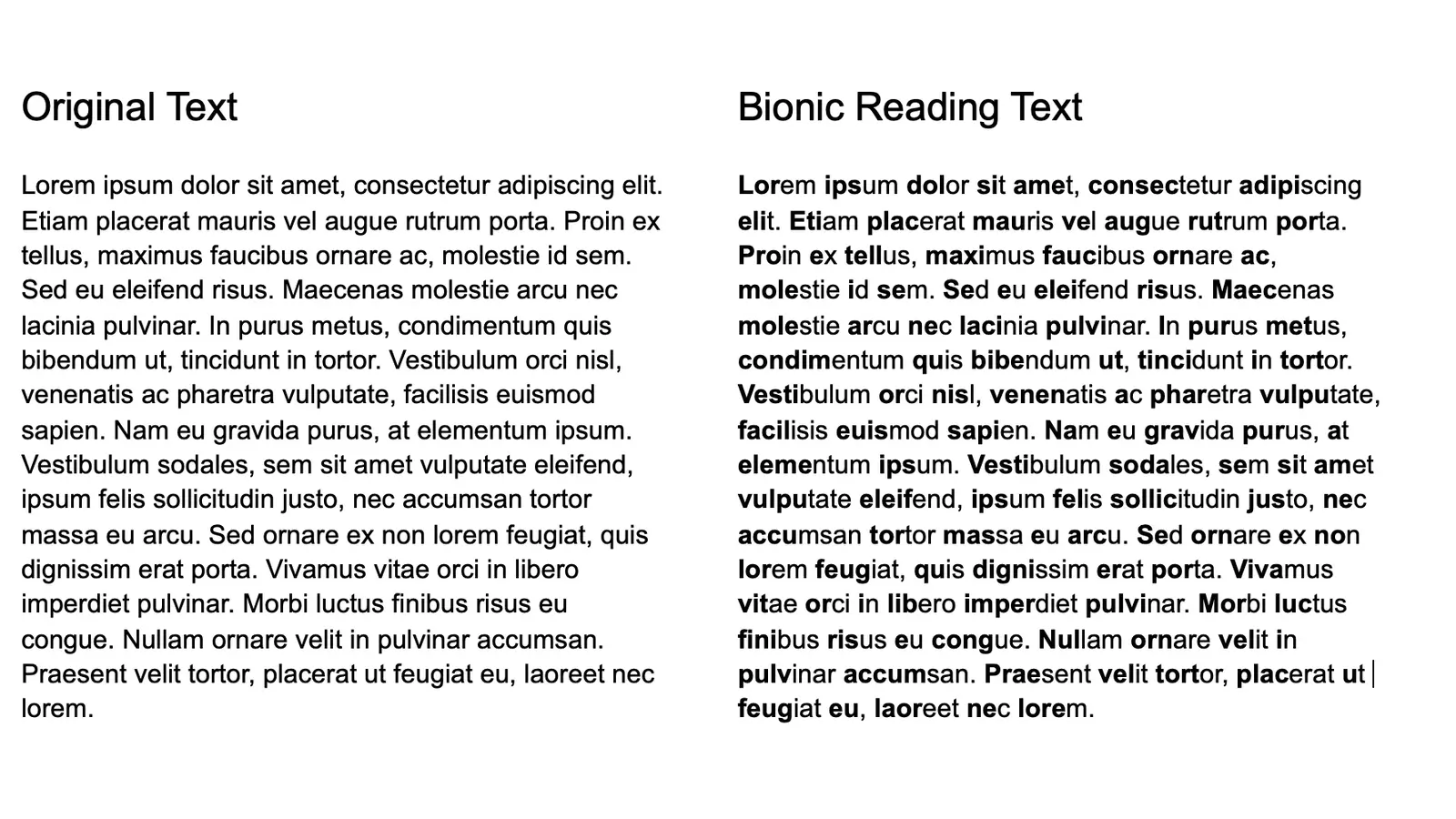Bionic Reading Method
Introduction In today’s fast-paced digital world, the sheer volume of information has pushed the human brain to its processing limits. Amidst this content deluge, the Bionic Reading method emerges as an innovative strategy to help individuals optimise their reading habits. This article delves into the intricacies of the Bionic Reading method, its application, and its … Read more

